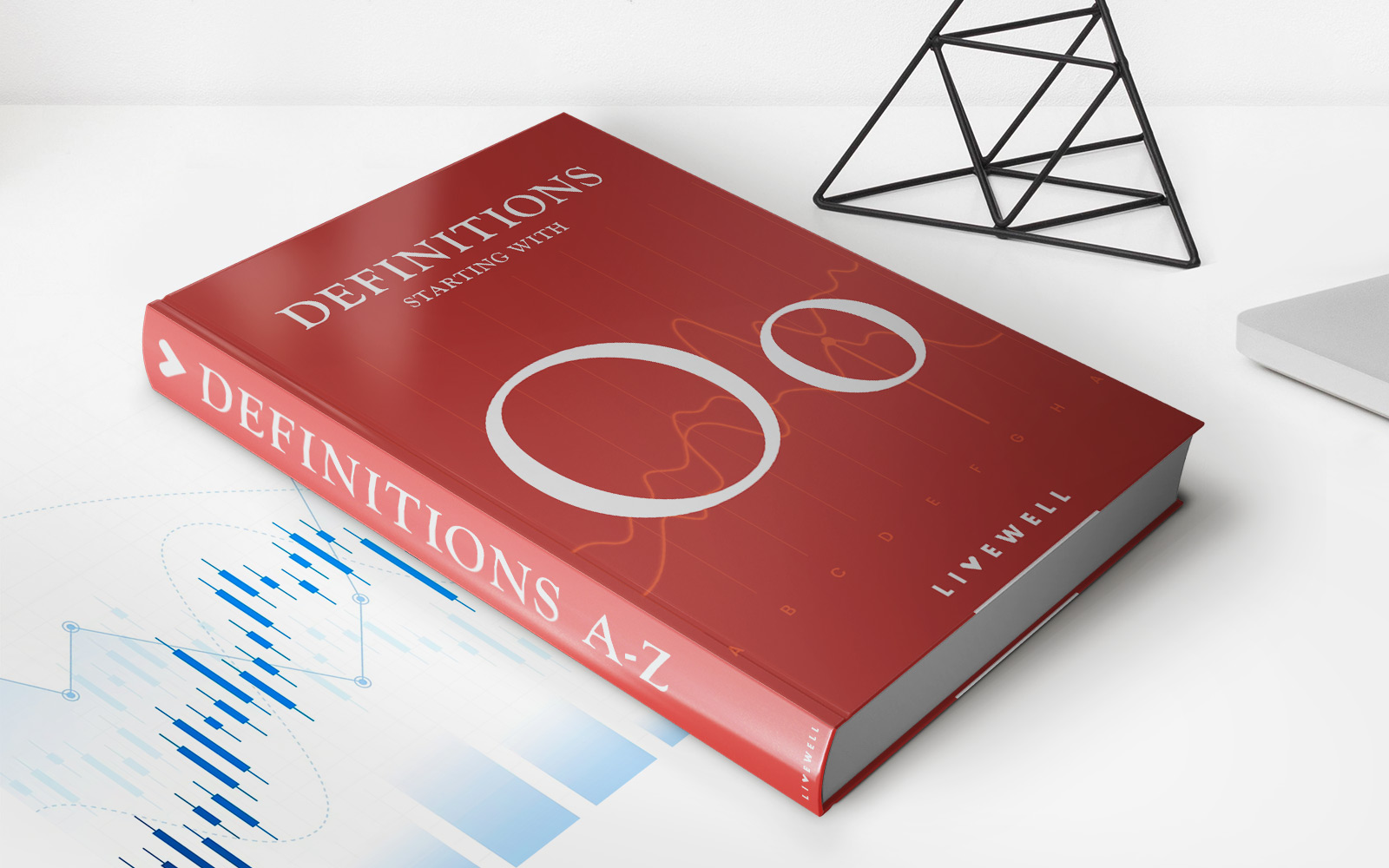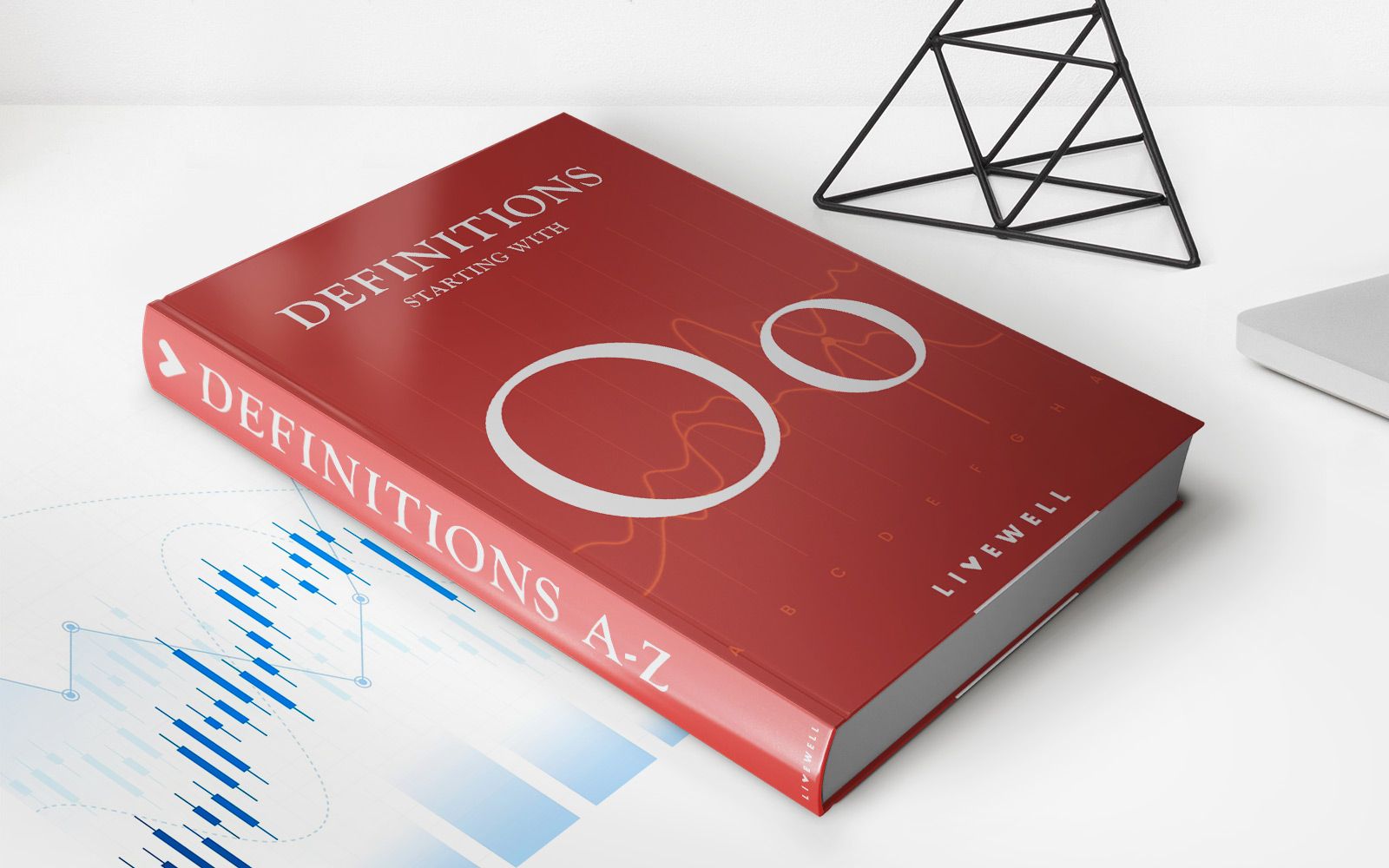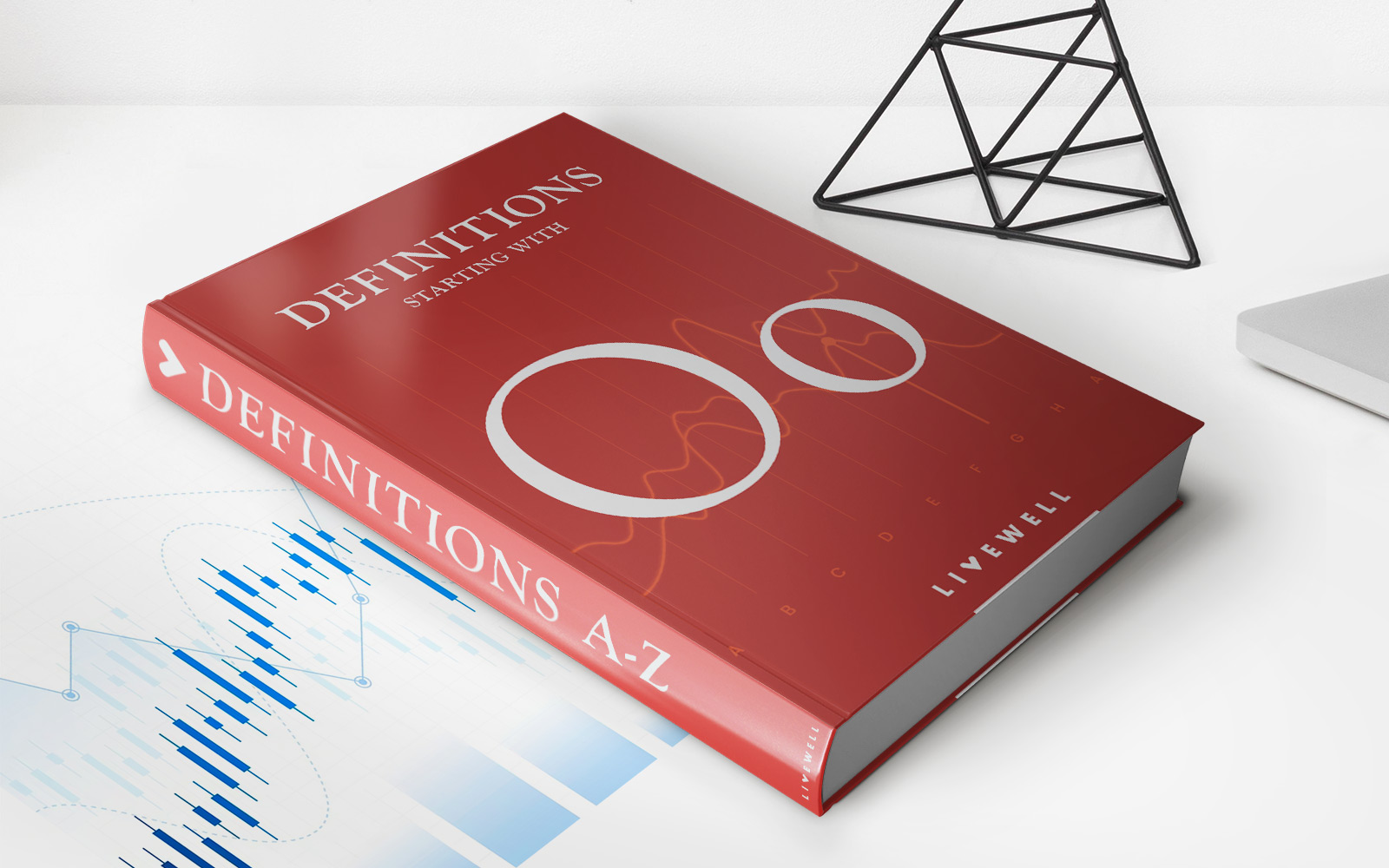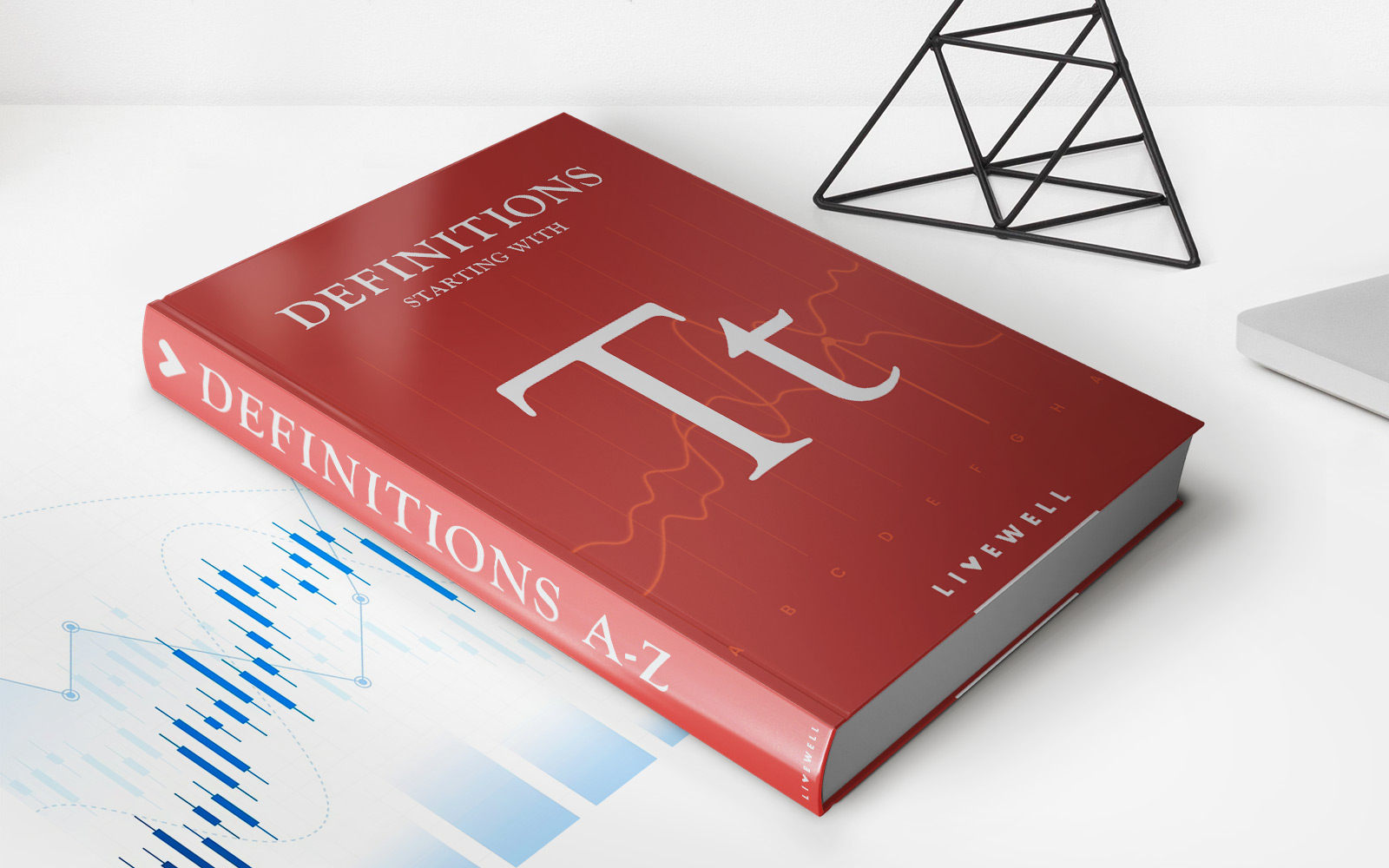Home>Finance>Overnight Position: Definition, Risks And Benefits In Trading


Finance
Overnight Position: Definition, Risks And Benefits In Trading
Published: January 5, 2024
Learn about overnight positions in finance trading, including their definition, risks, and benefits. Discover how to navigate this strategy for successful investment.
(Many of the links in this article redirect to a specific reviewed product. Your purchase of these products through affiliate links helps to generate commission for LiveWell, at no extra cost. Learn more)
Overnight Position: Definition, Risks, and Benefits in Trading
When it comes to trading, one important concept to understand is the Overnight Position. But what exactly is an Overnight Position? In simple terms, it refers to a trading position that remains open overnight, meaning a trader holds a position in a financial instrument beyond the daily market close. In this blog post, we will delve deeper into the definition of an Overnight Position, explore its risks and benefits, and provide insights to help you navigate this aspect of trading.
Key Takeaways:
- An Overnight Position is a trading position held beyond the daily market close.
- Risks associated with Overnight Positions include overnight market volatility and overnight news events.
- Benefits of Overnight Positions include the potential for capturing larger market moves and taking advantage of overnight price gaps.
Risks of Overnight Positions:
While holding an Overnight Position can present opportunities, it is crucial to be aware of the associated risks. Some of the risks include:
- Overnight market volatility: Overnight, when major financial markets are closed, trading activity tends to be lower. This can lead to increased volatility, as fewer market participants can cause larger price swings.
- Overnight news events: News events can occur at any time, including overnight. These events can cause significant price movements and potentially impact your Overnight Position. It is important to stay updated with economic calendars and news releases to manage risks effectively.
- Liquidity risks: Lower liquidity in the overnight market can impact your ability to enter or exit trades at desired prices. Wide spreads and slippage are common during low-volume periods, which can result in unexpected losses.
Benefits of Overnight Positions:
Despite the risks involved, Overnight Positions can also offer several benefits to traders:
- Potential for larger market moves: Holding a position overnight allows traders to take advantage of potential price movements that may occur during non-market hours. This can provide opportunities for capturing larger gains.
- Overnight price gaps: Market prices can gap up or down when they reopen after the overnight session. Traders can profit from these price gaps by entering positions before the market open and benefiting from the subsequent price movement.
- Time flexibility: Holding an Overnight Position allows traders to manage their trades outside regular trading hours. This flexibility can be advantageous for individuals with busy schedules or those who prefer more control over their positions.
It is essential to note that Overnight Positions may not be suitable for all traders. Considering your risk tolerance, trading strategy, and market conditions is crucial when deciding whether to hold positions overnight. Conducting thorough analysis, implementing risk management strategies, and staying informed are essential steps toward successful trading.
By understanding the definition, risks, and benefits of Overnight Positions, you can make informed decisions and enhance your trading experience. Remember, trading involves inherent risks, but with careful planning and a disciplined approach, you can navigate the world of Overnight Positions and potentially capitalize on profitable opportunities.














